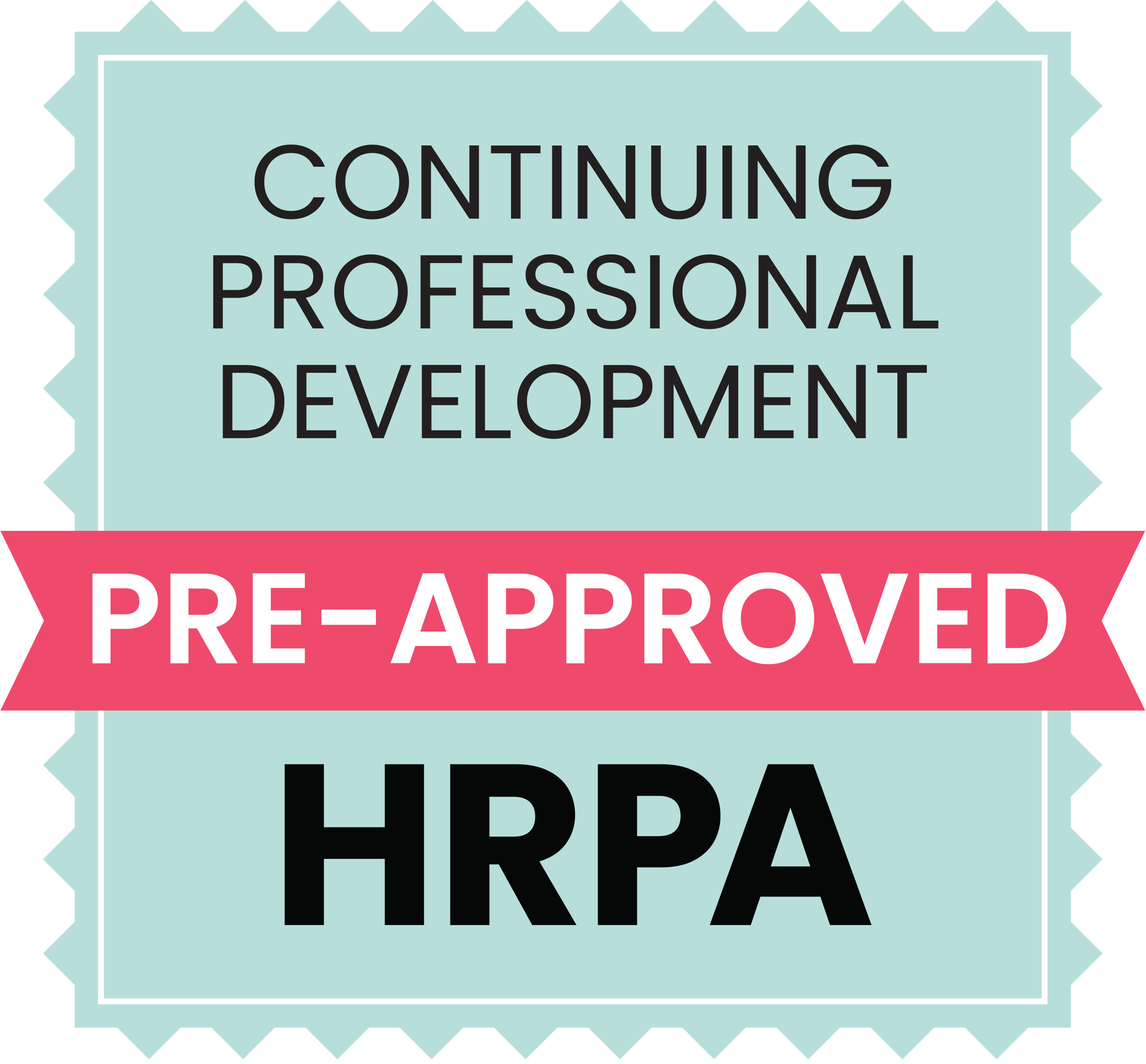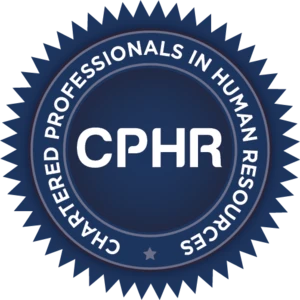Moderator
Speakers
$695.00Add to cart
November 21, 2024
Employers often utilize attendance management programs (“AMPs”) to address employee absenteeism. How can AMPs be developed, implemented, and communicated to employees properly to ensure compliance with human rights laws, privacy laws, and employees’ rights under a collective agreement? In this webinar, experts will explore:
- What is an AMP?
- How can employers strike a balance between the need to ensure attendance at work and the duty to accommodate employees with disabilities? Should an AMP have special provisions for absences related to addiction, alcoholism, and other disabilities? How should AMPs be designed to address absences related to emergencies and family status, including childcare and eldercare?
- What kind of medical information can employers require employees to provide under an AMP? Are consistent rules about required medical documentation appropriate or should the need for an employee’s medical information be considered on a case-by-case basis?
- How should AMPs be implemented in hybrid or remote workplaces? What surveillance practices, if any, have arbitrators found objectionable?
- What elements should an AMP contain for it to withstand arbitral scrutiny for reasonableness? When can AMPS be deemed discriminatory or encroaching upon employees’ privacy rights? How should threshold levels of attendance at each stage of the program be set so that they are not arbitrary or unreasonable?
- What are best practices in communicating AMPs to employees? What role can workplace policies play in effectively communicating AMPs to employees?
- Is it a best practice to negotiate collective agreement provisions that address attendance management? Why or why not? What are some examples of attendance management clauses that unions and employers have included in collective agreements?







